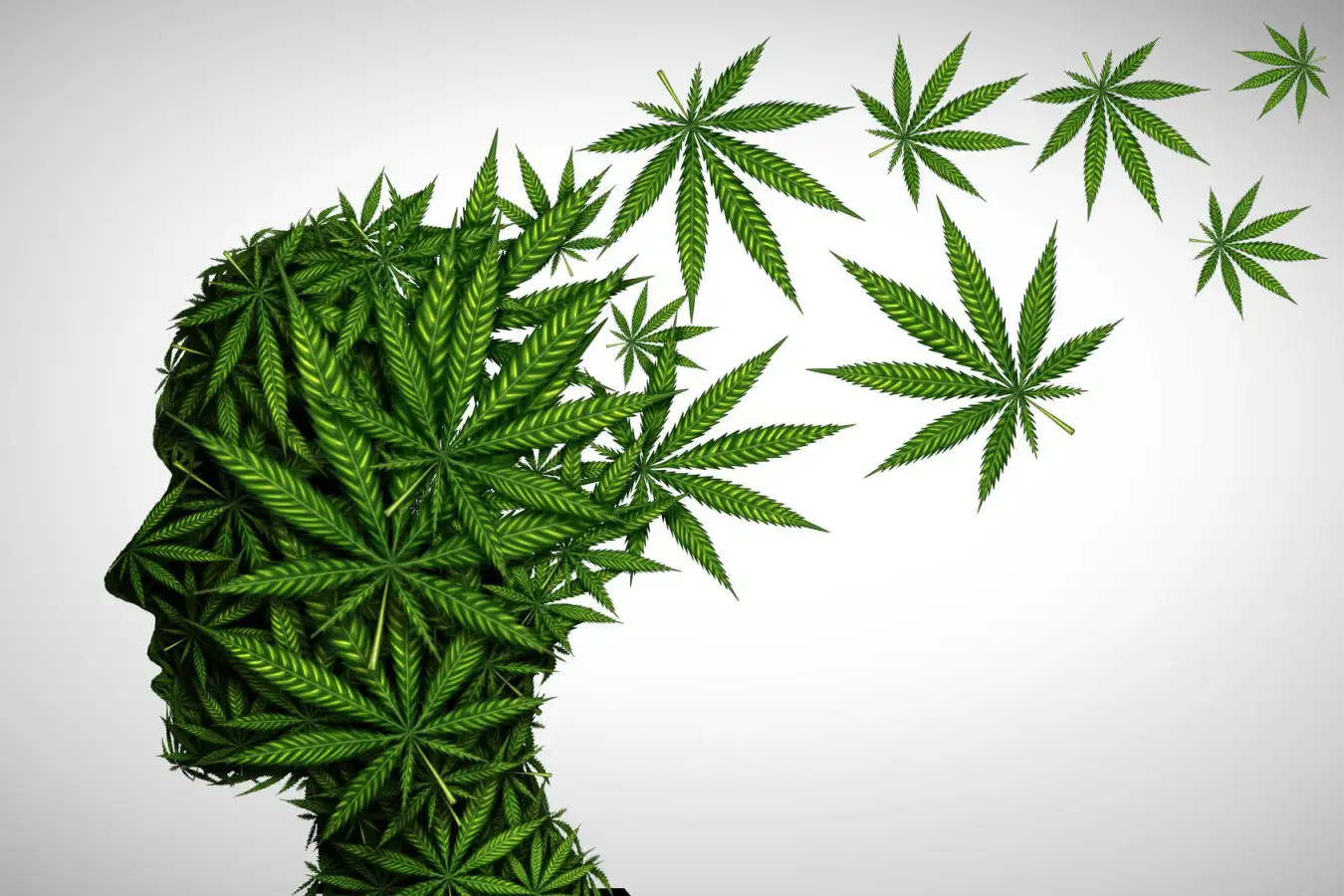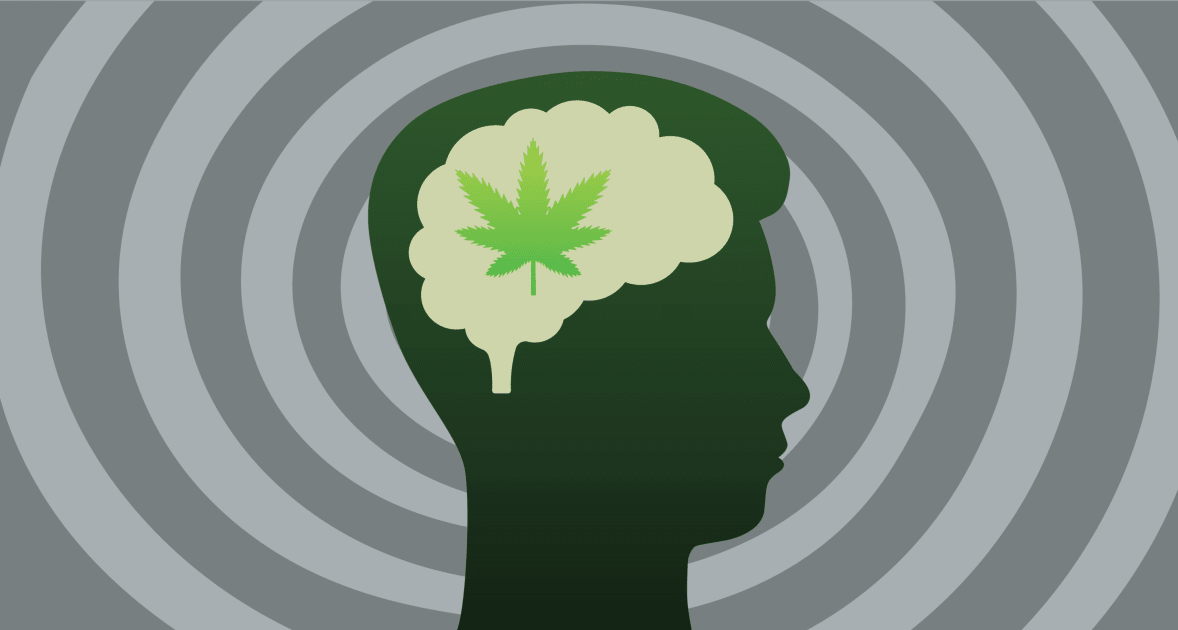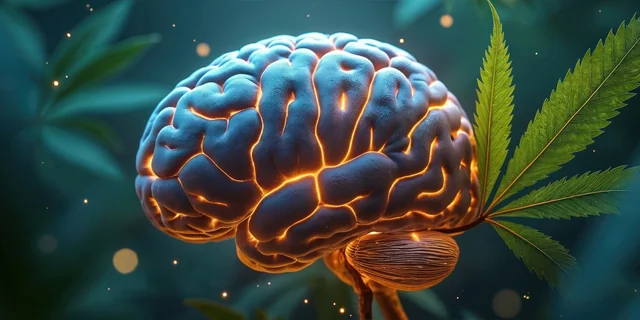
Cannabis working memory remains a hot topic in both scientific research and workplace discussions. As more people use cannabis for medicinal or recreational purposes, understanding how it affects cognitive skills in daily tasks and job performance has become crucial. This article examines the latest findings, offering insight into how cannabis working memory functions, and its relevance for employees and professionals alike.
In modern society where multitasking and rapid information processing are routine, the ability to sustain mental focus and short-term recall is essential. The rise of cannabis legalization and decriminalization has sparked new debates: Can professionals use cannabis safely? How long do effects linger? And how does it affect performance across industries?
What Is Working Memory?
Working memory refers to our ability to temporarily store and manipulate information. Think of it as your mental “scratchpad” – essential for planning, problem-solving, and following conversations. It plays a vital role in almost every job, especially those requiring rapid decision-making, multi-tasking, or sustained concentration.
It differs from long-term memory in that it handles short bursts of cognitive load—like remembering a phone number just long enough to dial it. For instance, chefs rely on working memory to follow multiple orders, while software engineers use it when debugging code. A disruption in this function can directly affect quality and speed of output.
How Cannabis Interacts with Memory Processes
Cannabis contains active compounds like THC (tetrahydrocannabinol) and CBD (cannabidiol). THC binds to cannabinoid receptors in brain regions such as the hippocampus and prefrontal cortex—areas responsible for memory, focus, and executive function. This interaction is central to how cannabis working memory disruption occurs.
Research from the National Institute on Drug Abuse confirms that THC impairs the communication between neurons in these regions, slowing down the mental operations needed for short-term tasks. On the other hand, CBD appears to have a modulating effect, though more investigation is needed to fully understand its role in cognitive outcomes.
Acute vs. Long-Term Use
-
Short-term (acute) use: After smoking or consuming THC, people often report difficulty focusing or remembering new information for a few hours. This is most noticeable in tasks requiring multi-step instructions or problem-solving.
-
Chronic (long-term) use: Repeated exposure may reduce working memory capacity or slow cognitive processing. Meta‑analyses in journals like Cognitive Psychology suggest that heavy users show subtle yet measurable declines in memory performance.
One study found that frequent users made 20% more errors on digit span tests, a classic working memory measure. The implication? Even if cannabis helps some relax, the trade-off may be reduced accuracy and slower reaction times in everyday tasks.
Workplace Implications
In professional environments, temporary memory lapses and slower responses to new data can translate to missed deadlines, errors, or even safety incidents—especially in high‑risk occupations like machinery operation or healthcare. According to the Occupational Safety and Health Administration (OSHA), clear memory and focus are crucial in jobs that involve physical risk.
Cannabis Working Memory and Job Types
In creative industries, a relaxed mental shift may enhance idea generation. Yet even in creative roles, tasks often require tracking multiple threads—something that relies on cannabis working memory. In contrast, technical or analytical professions might be more vulnerable since working memory is directly tied to algorithmic thinking and data manipulation.
For example:
-
Engineers juggling multiple variables in a simulation
-
Nurses tracking patients’ meds and vitals
-
Project managers coordinating dozens of deliverables
In each case, poor short-term recall can lead to missteps or serious oversights.
Factors Moderating the Impact
A range of factors influence how cannabis affects working memory:
-
Dose and potency: Higher THC concentrations generally lead to more intense and longer‑lasting memory impairments.
-
Frequency of use: Occasional users recover normal memory function faster than heavy users.
-
User age: Younger users, whose brains are still developing, may experience more pronounced disruptions in cannabis working memory.
-
Method of consumption: Smoking or vaping typically produces rapid effects, whereas edibles cause a delayed but prolonged impact.
-
Individual tolerance: Genetics, experience, and even hydration levels can change how strongly memory is affected.
Additionally, tolerance can make people feel more functional while still showing objective declines in performance.
Strategies to Minimize Disruption
If you choose to use cannabis, here are practical steps to lessen its impact on cannabis working memory:
-
Time your use strategically – avoid during work hours or just before important tasks.
-
Go low-and-slow – opt for lower THC strains or products with balanced THC:CBD ratios.
-
Allow recovery time – take breaks between cannabis use and cognitively demanding tasks.
-
Employ memory aids – use tools like calendars, digital reminders, and notes to support memory.
-
Stay informed – follow emerging research to tailor your habits responsibly.
Also consider alternating use days or journaling your performance to spot any cognitive patterns tied to cannabis use.
Tips for Employers and HR Professionals
-
Create clear policies: Define expectations around cannabis use and task performance.
-
Offer education sessions: Partner with health providers to inform staff about cognitive impacts.
-
Support assistance programs: Provide confidential help for employees struggling with usage patterns.
-
Consider job-specific guidance: Especially for roles requiring flawless cognitive function, reinforce no-use windows around critical tasks.
Some companies have adopted cannabis-neutral policies similar to alcohol—permitting off-hours use but strictly prohibiting impairment on the job.
Case Study: Simulated Driving Tests
Studies using simulated driving scenarios show that moderate THC doses impair working memory—leading to slower responses to sudden changes and errors in task execution. These findings highlight how cannabis working memory can negatively affect routine functions like navigation, decision-making, or dealing with unexpected events—even outside the workplace.
A 2023 study from Frontiers in Psychology showed that drivers under THC influence took 1.5 seconds longer to respond to braking vehicles—equivalent to traveling 44 extra feet at highway speeds.
The Brain’s Capacity for Recovery
Research indicates that after abstaining from cannabis for several weeks, most users—especially light to moderate consumers—show a return to baseline working memory performance. However, very heavy users may experience lingering effects for longer timeframes. Clinicians often recommend a 30‑day break to help cognitive systems recalibrate.
Interestingly, studies have shown that brain connectivity between memory centers can improve significantly within just 3 weeks of abstinence. This provides hope that cannabis working memory impairments are largely reversible with time and self-awareness.
Responsible Use in the Office
If your workplace allows cannabis use, promote a healthy culture:
-
Encourage disclosure-free scheduling, letting employees choose safe windows for use.
-
Offer time‑buffer breaks post-use before resuming work.
-
Provide wellness resources, such as workshops from trusted entities like the Substance Abuse and Mental Health Services Administration (SAMHSA).
-
Promote digital wellness tools like Focusmate or Notion to boost memory support during workdays.
Scientific Insights: What the Data Show
A 2022 review in Journal of Cognitive Enhancement looked at 40 studies on cannabis and memory. The authors concluded:
“Acute THC exposure reduces performance on working memory tasks, with recovery typically within 7–14 days of abstinence.”
Another longitudinal study among college students found daily users had a 7–15% slower performance on memory-related tasks than non-users. Despite limitations, both studies align in showing reversible cognitive impacts under moderate use.
New imaging techniques, such as fMRI, also reveal that cannabis affects the efficiency of memory networks rather than completely disabling them—suggesting that the brain compensates but at a cost.
Tips to Support Your Working Memory
-
Keep active: Physical activity enhances neuroplasticity and memory resilience.
-
Stay mentally sharp: Engaging in puzzles, reading, or learning new skills helps buffer working memory.
-
Improve sleep hygiene: Better sleep strengthens memory processing.
-
Fuel the brain: A balanced diet with omega‑3s, antioxidants, and hydration helps support cognitive performance.
-
Reduce distractions: Turn off push notifications or isolate complex tasks in blocks of deep work time.
How Cannabis Working Memory Affects Daily Performance
This section details how cannabis working memory impacts everyday tasks—like remembering instructions, tracking multiple activities, processing complex data, or communicating clearly. Each of these relies on your mental workspace, which THC can temporarily shrink. Effective memory aids and scheduled recovery periods help mitigate these effects.
Consider a parent trying to juggle home-schooling and remote work—working memory is under constant demand. Even slight impairment from cannabis use the night before can throw off that delicate balance.
Real-World Observations
Workers across industries report occasional memory lapses after cannabis use—like forgetting meeting times or misplacing items. These everyday disruptions underscore that cannabis working memory affects not just test scores but also routine professional reliability.
Some employees describe a “fuzzy filter” effect, where conversations need to be repeated or written notes are constantly rechecked. While manageable, these issues can accumulate and lead to poor impressions or strained collaboration.
Legal and Ethical Considerations
Employers must navigate complex legal landscapes around cannabis. In regions with legalized recreational or medicinal use, drug‑free workplace policies remain common for safety. Understanding how cannabis working memory is affected helps create balanced, compliant policies.
Employees also have a role in ensuring that responsible use doesn’t impact clients, safety, or quality of work.
Looking Ahead: Emerging Research
New research focuses on CBD’s potential to modulate THC’s effects—possibly reducing memory impairment. Start-ups and clinical labs are exploring cannabis products with balanced compounds to minimize cognitive disruption while retaining therapeutic benefits. Keep an eye on journals like European Journal of Neuroscience for updates.
Neurofeedback and brain training tools may also offer promise for strengthening memory pathways affected by cannabis use.
Final Thoughts
Understanding cannabis working memory is no longer niche—it’s essential in today’s workplaces and families. While some memory effects are temporary and reversible, conscious use, well‑timed breaks, and smart aids ensure your mental performance stays sharp. By staying informed and proactive, both individuals and organizations can embrace cannabis more responsibly and safely.







